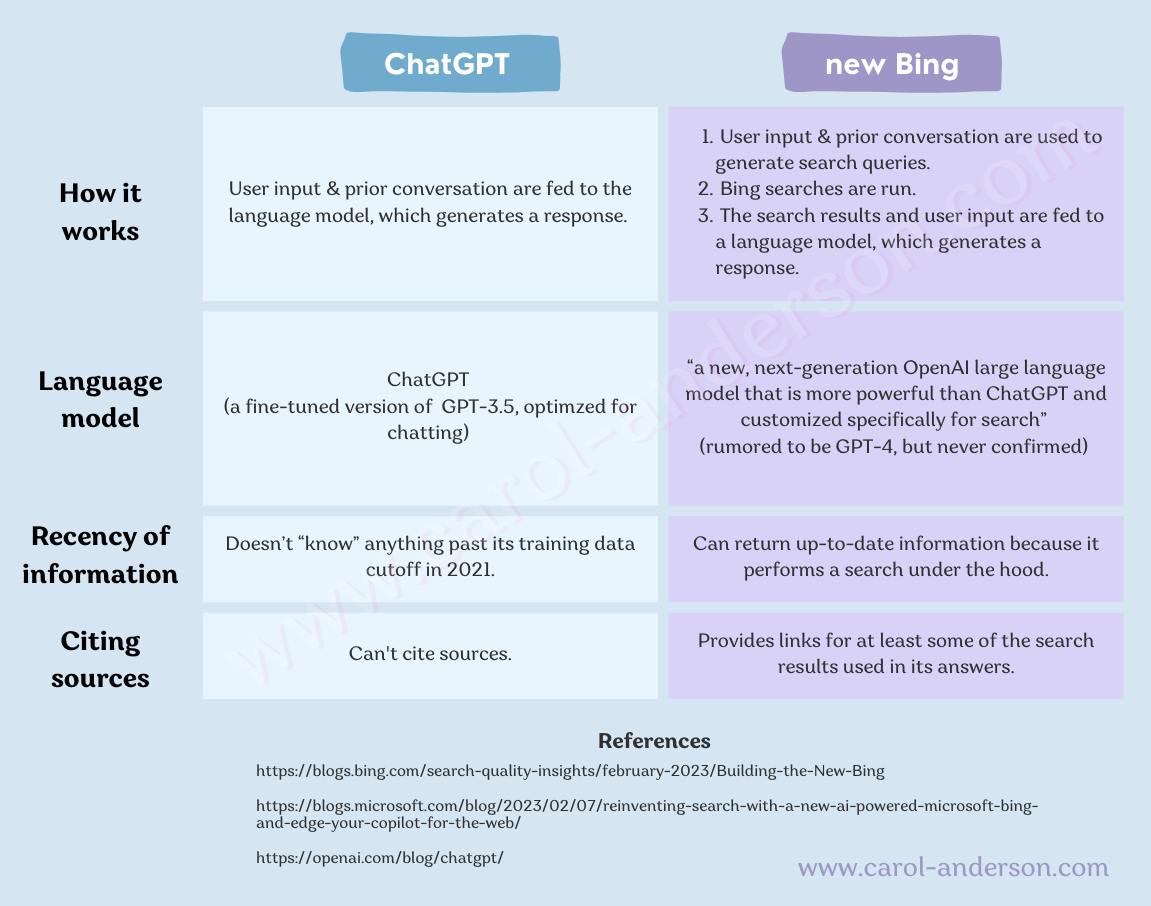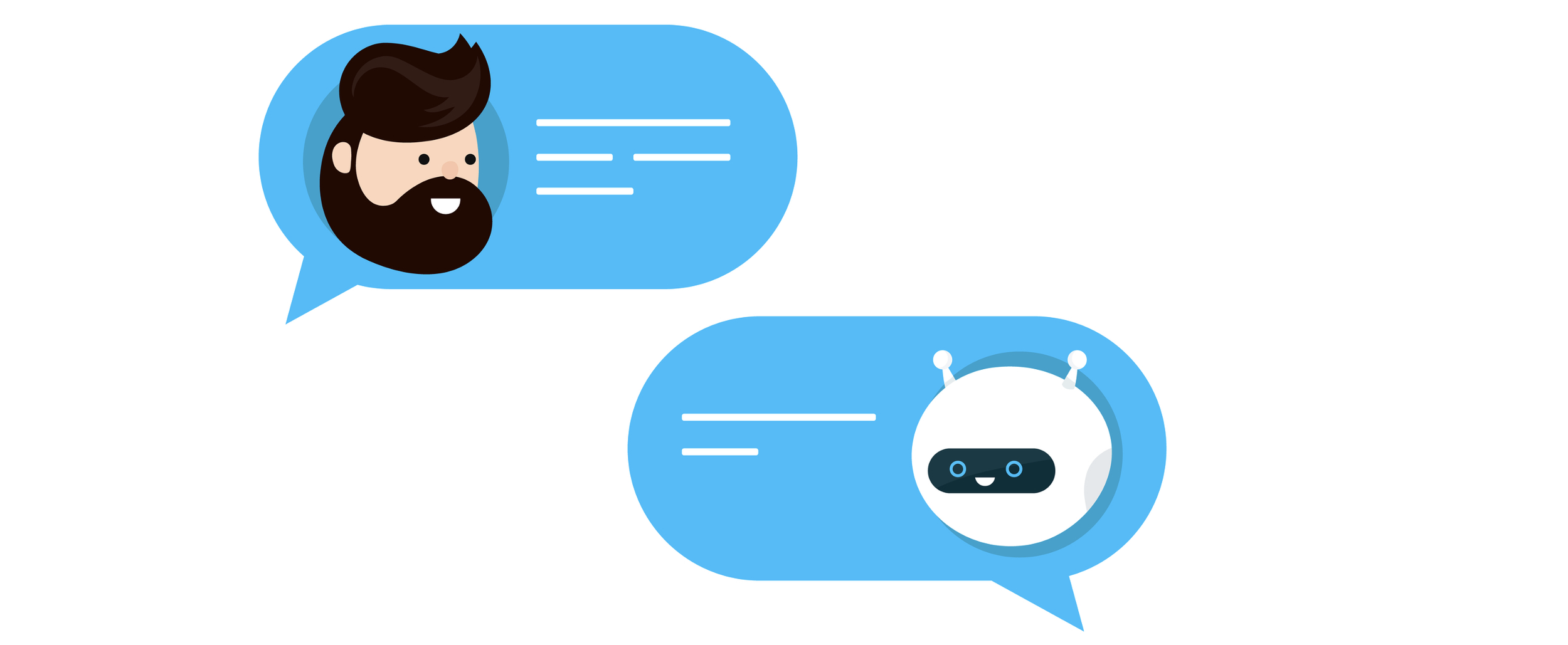
Wired falls for bogus claims of AI writing detector startups
Wired is pushing the false idea that AI writing detectors actually work.
Hype alert: new AI writing detector claims 99% accuracy
Multiple media outlets are reporting on a recent study published by University of Kansas researchers. Per these reports, the KU researchers have achieved near-perfect accuracy at detecting AI use in “scientific writing” or “academic writing.” But let’s take a look at what this study actually did.
Should we have a government-funded “public option” for AI?
My reaction to the article “How Artificial Intelligence Can Aid Democracy” by Bruce Schneier, Henry Farrell, and Nathan E. Sanders, published April 21, 2023 by Slate.
Guardrails on large language models, part 4: content moderation
The final post in a four-part series on the guardrails on large language models.
Guardrails on large language models, part 3: prompt design
The third in a four-part series of posts about the guardrails on large language models.

What’s the difference between the new Bing and ChatGPT?
Wondering how the new AI-powered Bing is different from ChatGPT?
I made this graphic to show their key differences.

Koko, ChatGPT, and the outrage over corporate experimentation
Mental health service Koko sparked outrage by announcing it experimented with ChatGPT for mental health support, apparently without informing users. (It turned out users were informed all along, and the CEO’s Twitter thread was just really confusing.)
Here, I dig into the outrage and argue that much of it was focused on the wrong issue: the ethics of corporate experiments.
Why I don’t think ChatGPT is going to replace search anytime soon
There’s been a lot of breathless coverage of ChatGPT in the past week. One comment I keep seeing on social media is that it’s going to replace Google and other search engines. I don’t think that’s going to happen anytime soon, and here’s why.